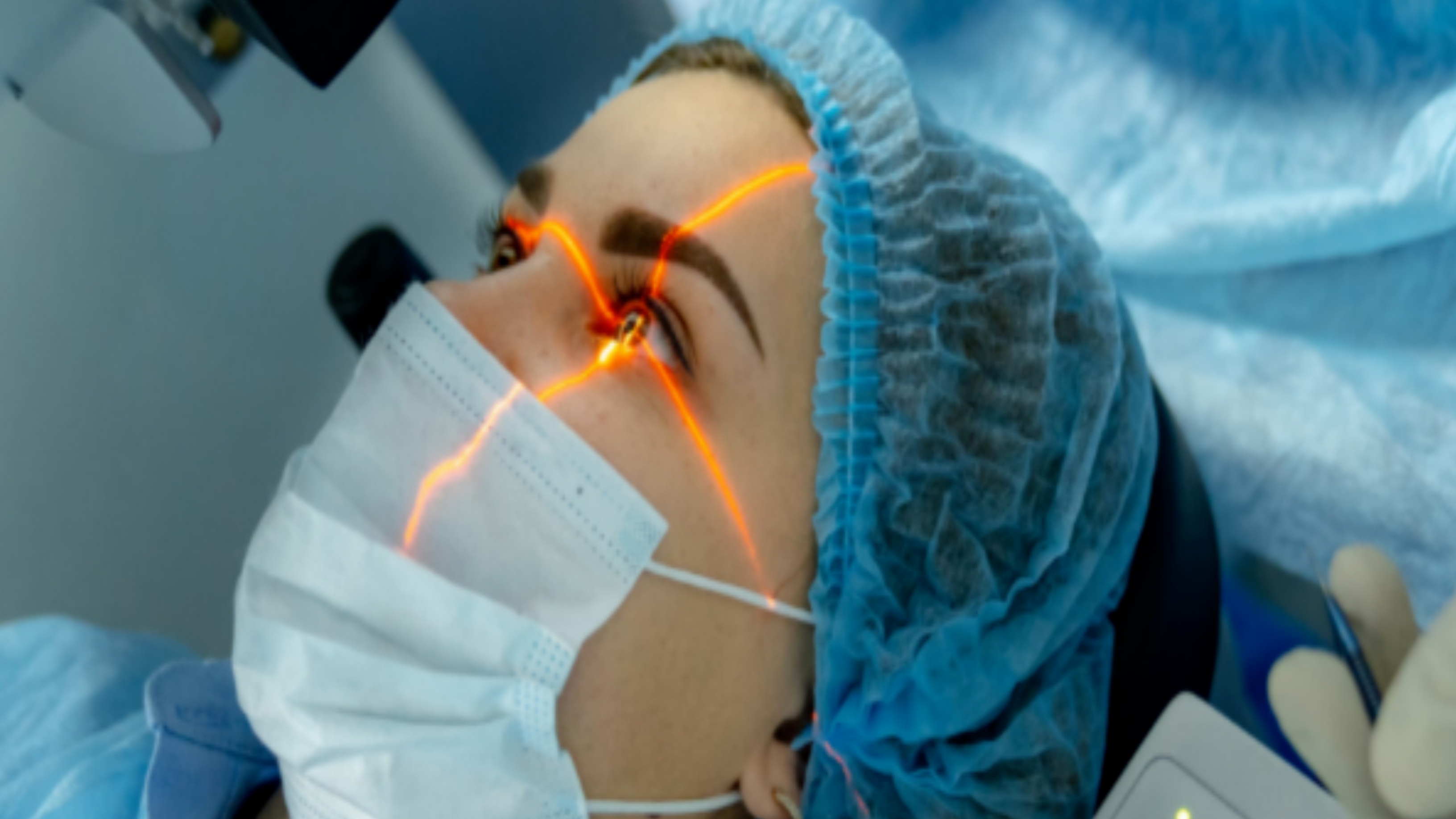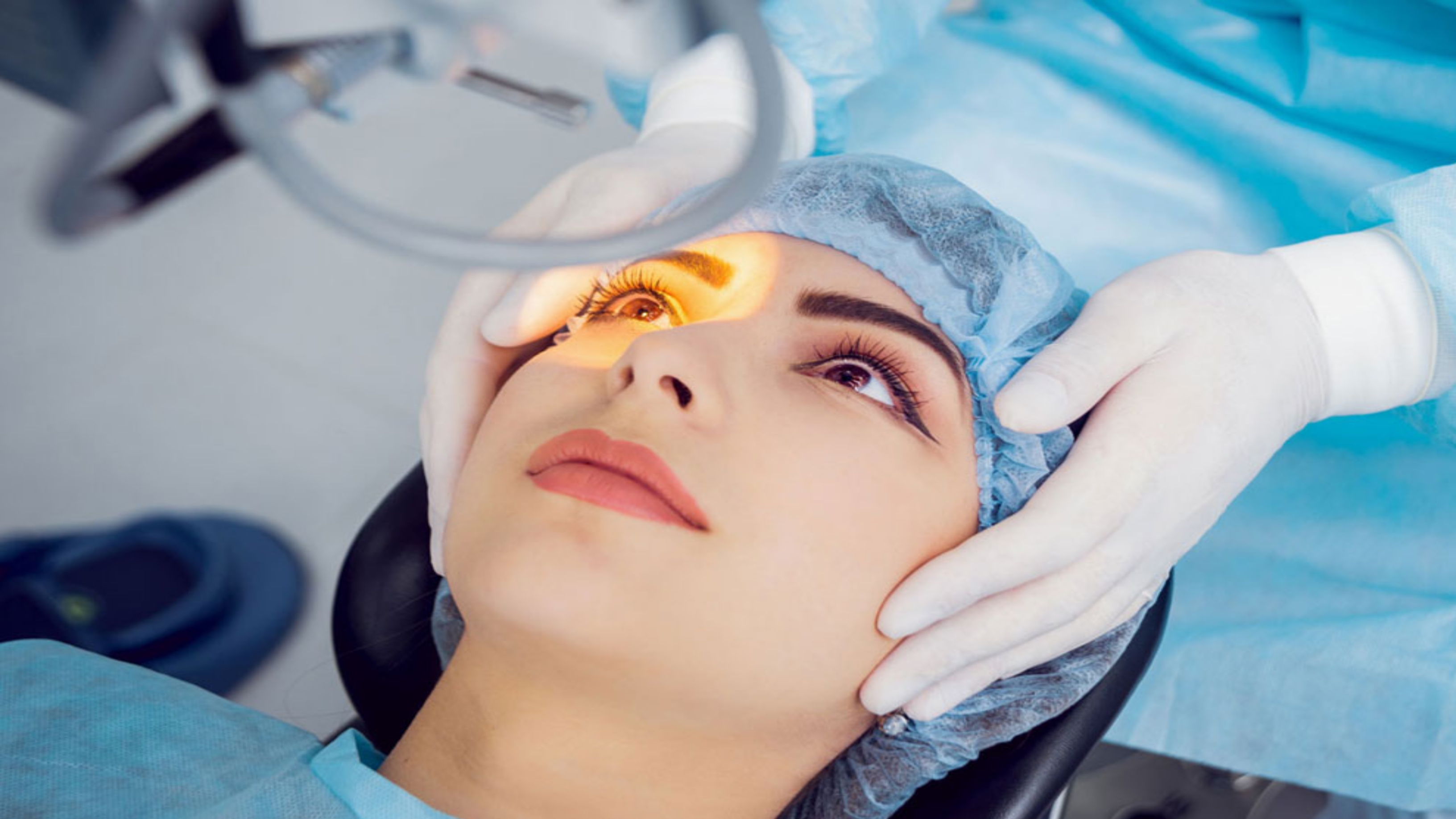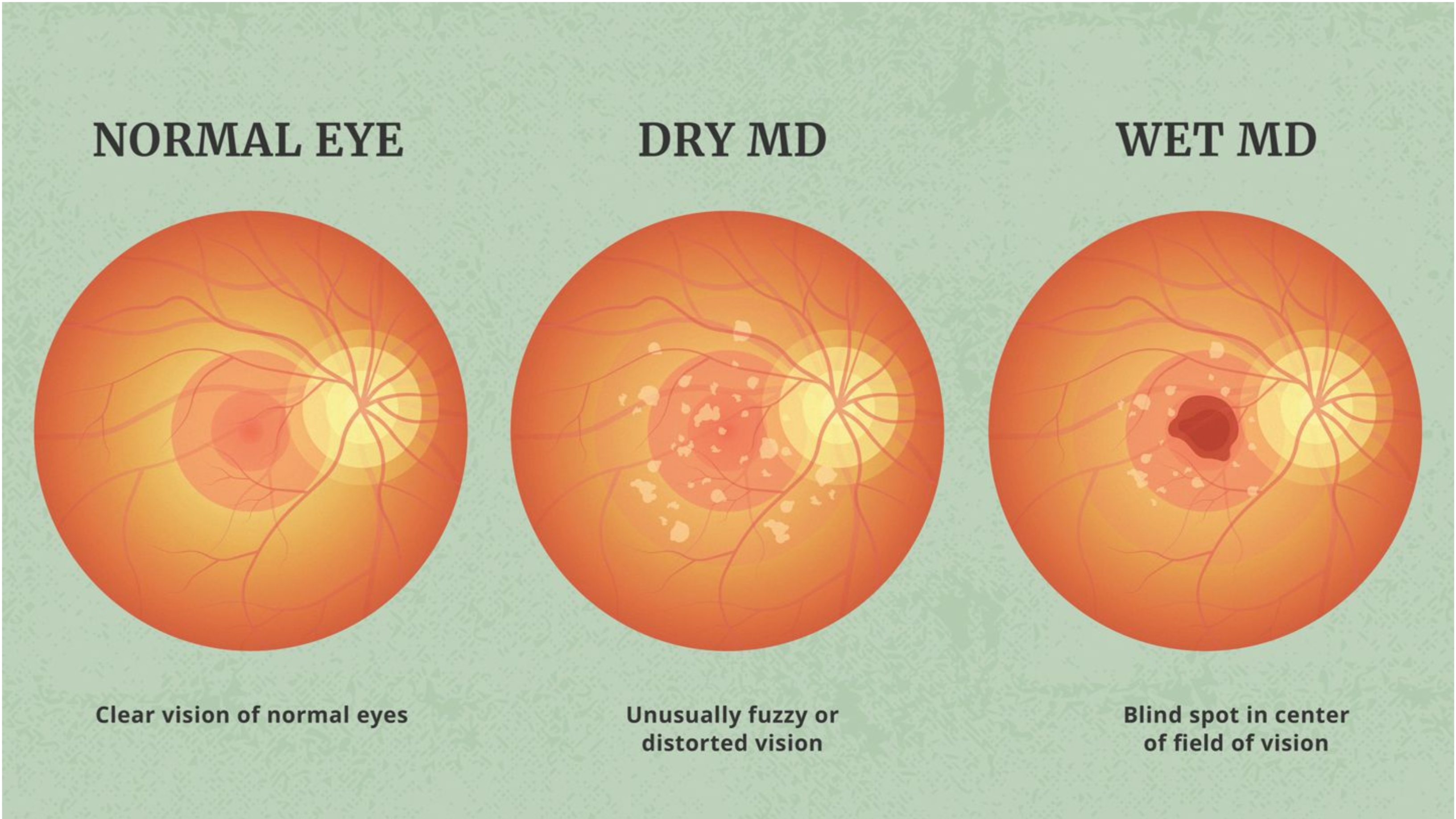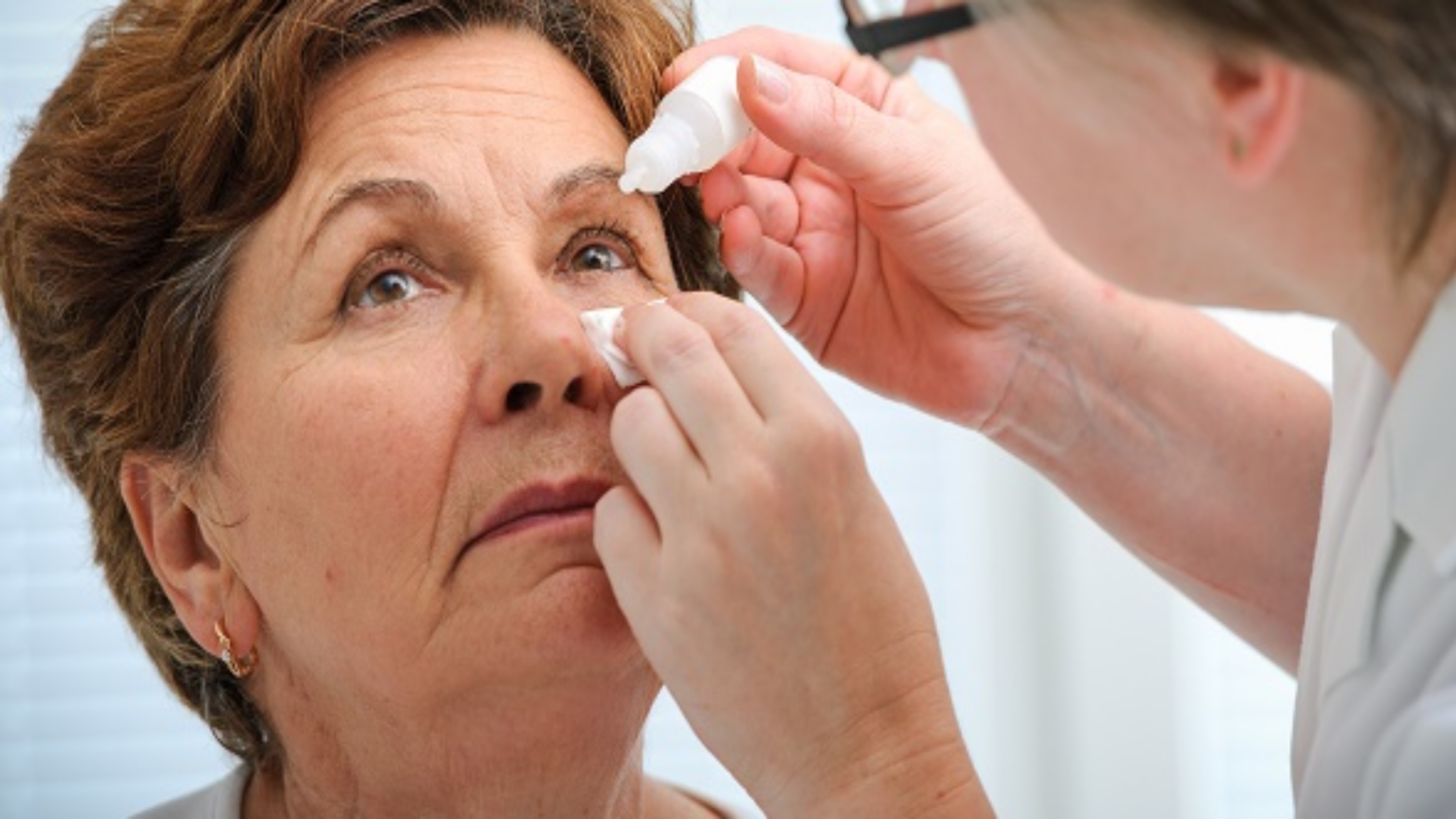What is macular degeneration?
What is macular degeneration?
Macula is the most sensitive, central region of the retina , responsible for our acuity of vision and colour perception. Several conditions including age, some medicines, certain diseases and exposure to strong light can damage the area, particularly the cells there called the Cones leading to the loss of central vision. This condition is called Macular Degeneration.
What are the types of macular degeneration?
There are two main types of macular degeneration that have been found commonly in people, namely, wet and dry. Wet macular degeneration occurs when the abnormal blood vessels grow beneath the macula in the choroid, also referred as Choroidal Neovascularization. These abnormal blood vessels will cause leakage of fluid and blood in the retina, disturbing the intact vision. Loss of central vision, straight lines appearing wavy and blind spots are the main symptoms of wet macular degeneration. If the leakage is excessive, the scar will appear and lead to the permanent loss of central vision.
Dry macular degeneration is caused when the yellow deposits, named as drusen is present in the macula. Although, few small sized drusen won’t trouble your vision, as they grow in size and number, they will start to diminish the quality vision. People with dry macular degeneration find reading very difficult. Atrophy, blind spots and loss of central vision are the characteristic of dry macular degeneration.
Stargardt disease is another type of macular degeneration reported mostly in young people. Presence of recessive gene is the cause of this type.
signs of macular degeneration?
In the early stages there are no symptoms. As far as signs, a sign is objective evidence of disease. With a detailed eye exam, drusen are noted which is a sign. Other signs are pigmentary changes in the macula (both hypopigmentation an hyperpigmetation, clumpling of pigment). In later stages, exudates, hemorage or edema can bee seen.
Is it true that most people go blind from macular degeneration?
No, not all of them go blind. But, it severely alters their vision and way of life. My grandmother was diagnosed with age related macular degeneration (ARMD) in her late sixties. She had the wet kind in one eye and the dry in the other. She was an avid reader and had been a bookkeeper her whole career. Macular degeneration steals the central part of one's vision, so if you look straight ahead there would be a black spot in the center, and the peripheral would be fine. Upon one visit to her doctor when she was in her eighties, the doctor told her that her vision was good enough that she could still drive. She was tickled to hear this and we were relieved that she no longer had a vehicle. She often lamented the lack of independence that no longer driving inflicted upon her. She had been very independent having lost her husband at 50. She said if she had been given the choice, she'd rather lose her hearing rather than her sight as she saw women at her nursing home, stone deaf but enthralled in the mounds of books brought to them by loved ones. Sadly, she passed away last fall at the age of 92. She would have been delighted to learn about the new stem cell cure for ARMD and would have quickly signed up for the chance. Wear your sunglasses kids! It's like SPF for your eyes.
What can I do to help myself as I have Macular Degeneration?
It depends to a certain extent on the type (wet or dry AMD) and how far it has progressed.
So for early “dry” AMD (still have decent 20/50 or better visual acuity) s there are a few things that could help slow the progression of the disease.
1.mprove your circulation. Stretch, walk, swim, use a bicycle or Exercycle, careful weight training . Do anything that you can to make your circulation better. If you have conditions that will negatively affect your circulation ( hypertension, diabetes, very high serum lipid levels, get to work immediately on fixing them.
2.Eat healthier. More plant based diet/ Mediterranean-type diet. Lots of dark green leafy vegetables- spinach, broccoli, kale, romaine lettuce, collard greens, etc.
3.If you are a smoker, stop immediately. Lots of good reasons to do this anyway, but if you already have AMD, it moves to the top of your list of things to do.
4.Vitamins. Some. AREDs formula. Don't overdo it.
5.Eye exams. Regularly. Have them do macular OCTs.
6.Get an amsler grid. Put on your refrigerator door or bathroom mirror. Learn how to use it properly. Use it properly.
7.If you have the “wet” form, go for your regular checkups and injections.
Can macular degeneration be cured?
I can only answer from a patients standpoint. I contracted Dry Age Related Macular Degeneration when I turned fifty years old. Two specialists both commented that I had the eyes of an eighty year old man, have I seen too much? Dry AMD doesn’t have a cure as of yet or any real tangible treatments. I eat a healthy diet with a lot of dark greens and take extra folic acid. I have a set of pictures that look like the sun too and it looks like sunspots on my sun and someday I’ll wake up never to see the real sun rise but I’ll still languish in it’s warmth. No one in my families history has ever had this disease, I’m the first one and it ends with me. I wear sunglasses everywhere, even at night sometimes, bright light causes pain. All my lighting in my home is of low wattage and casts a warm glow throughout my home, bright lights are a no-no. I’ll be fifty six in September and I’m in the second stage already, I’m having issues with things I never had issues with before and I’m preparing my home for a more minimalist approach. Material things really don’t have any purpose in my life anymore, I don’t feel the need to surround myself with antiques of day’s gone by.














Post a Comment